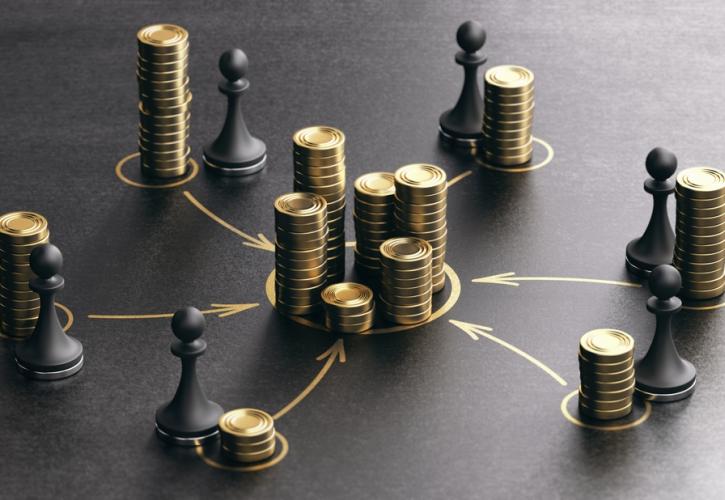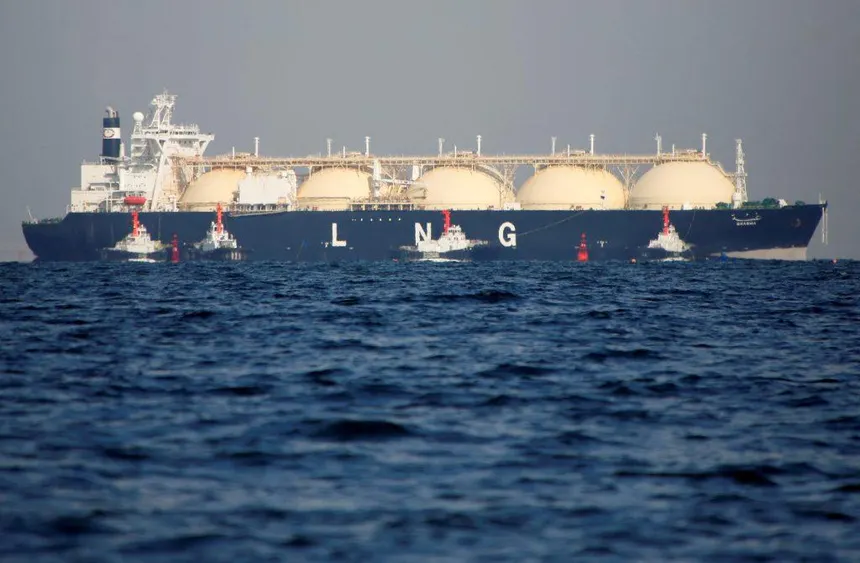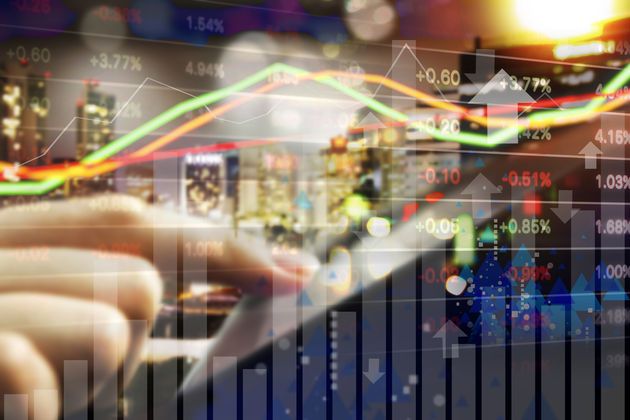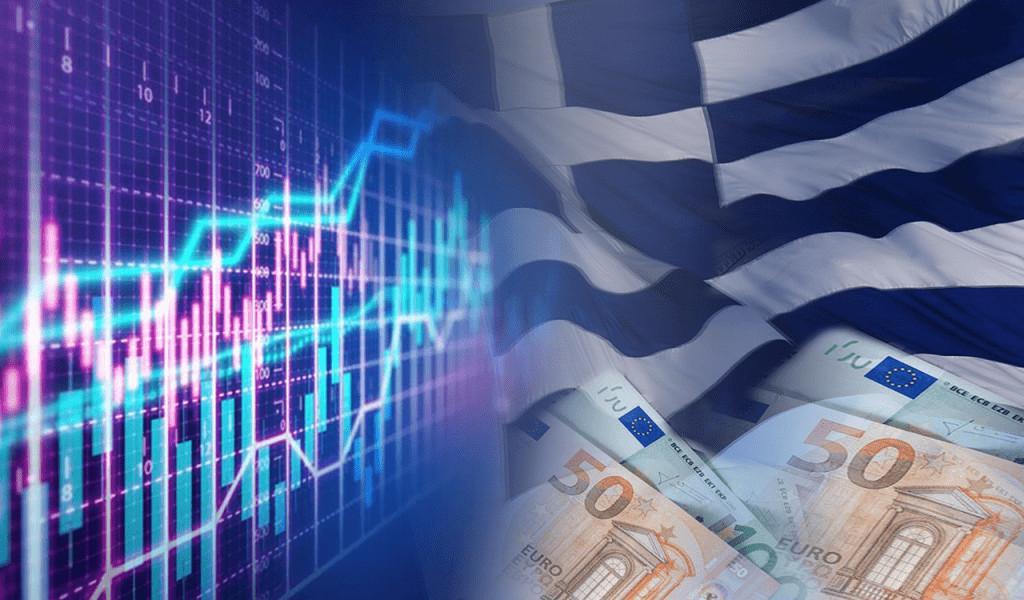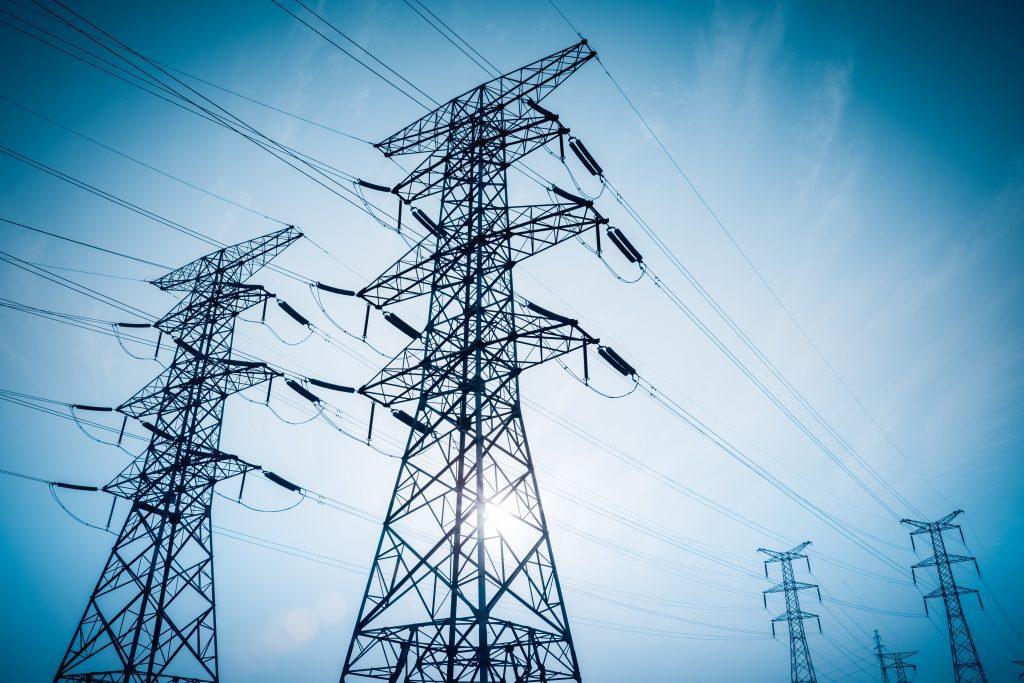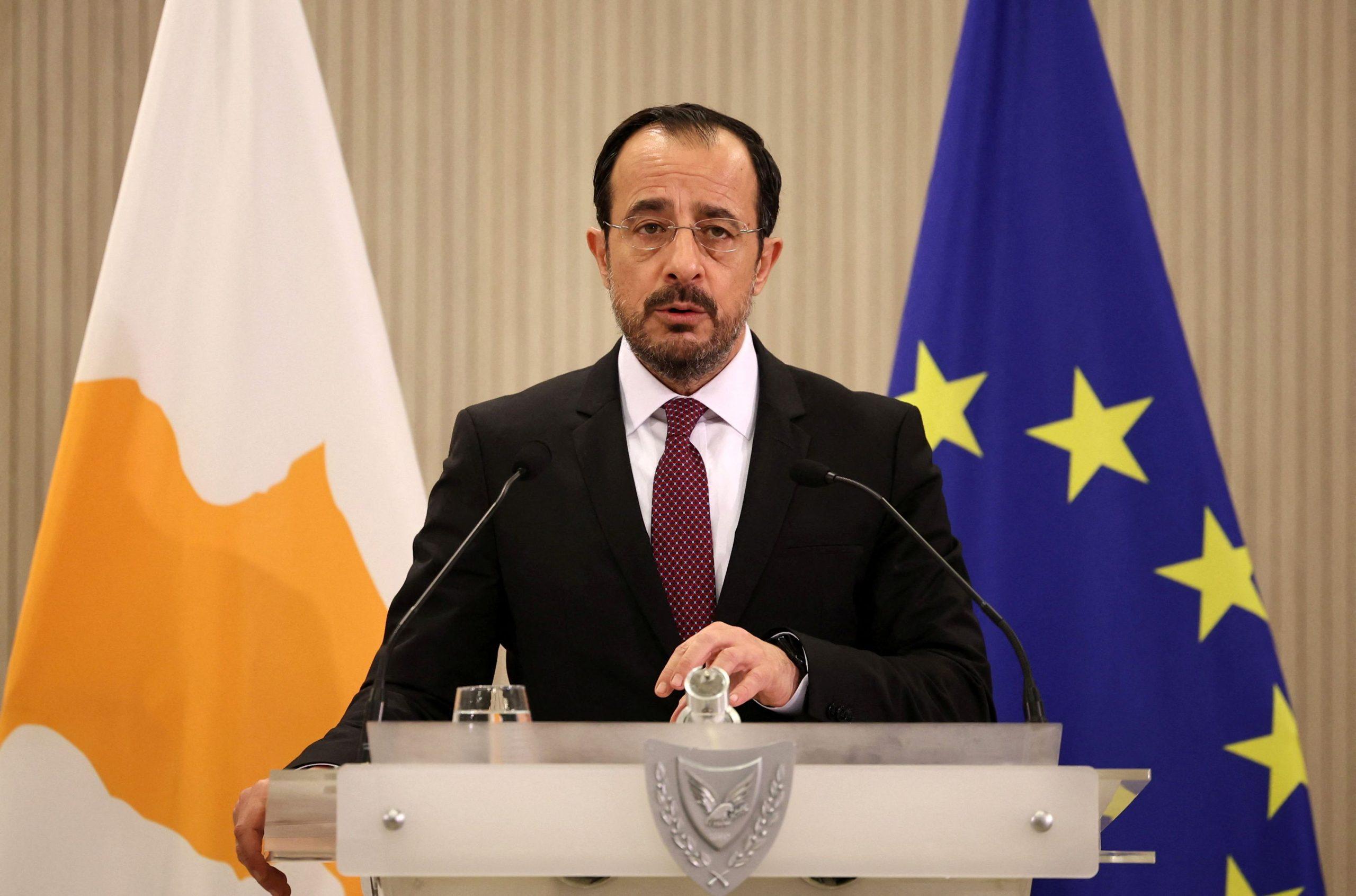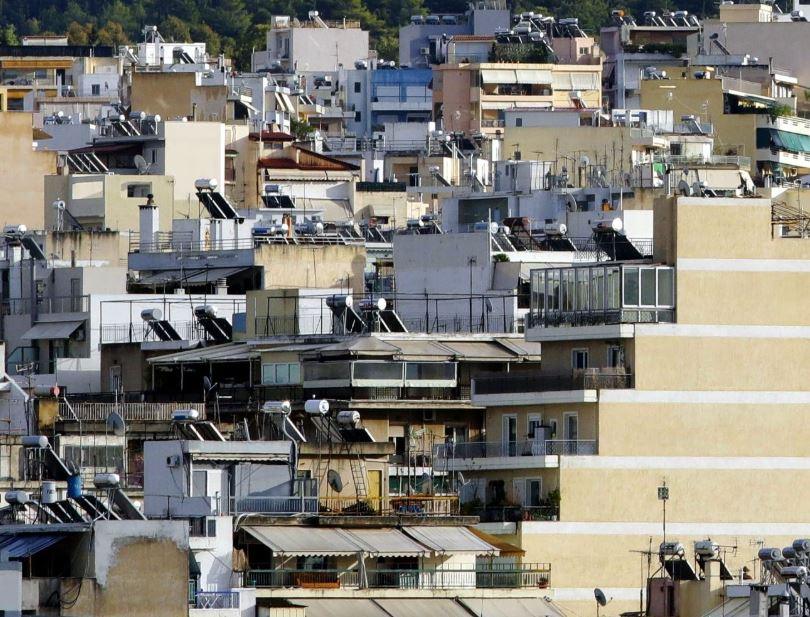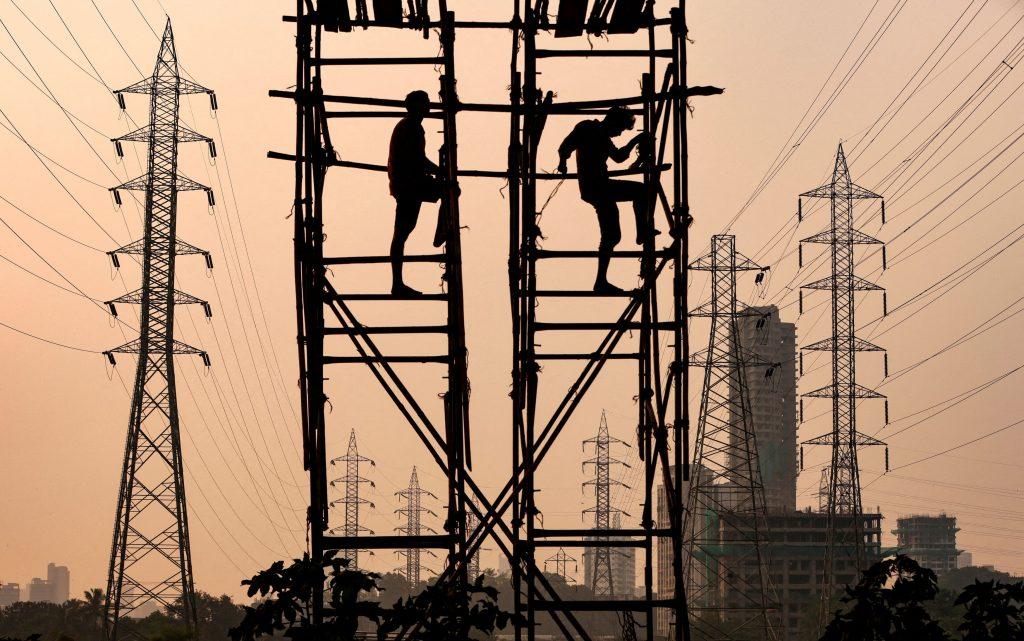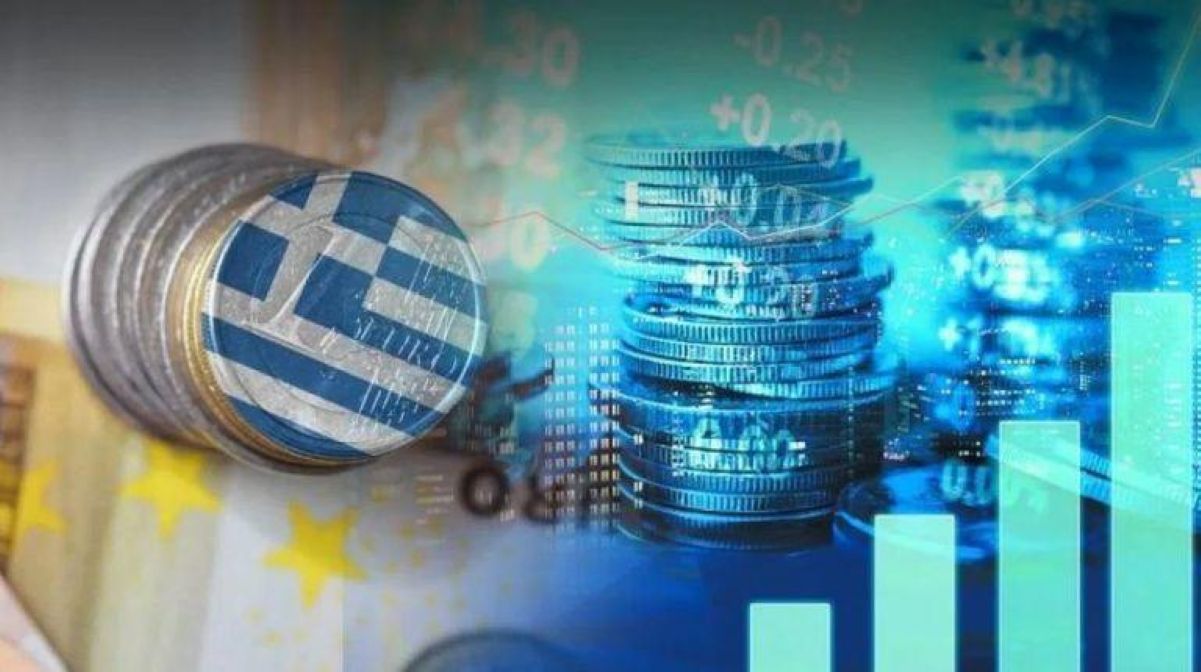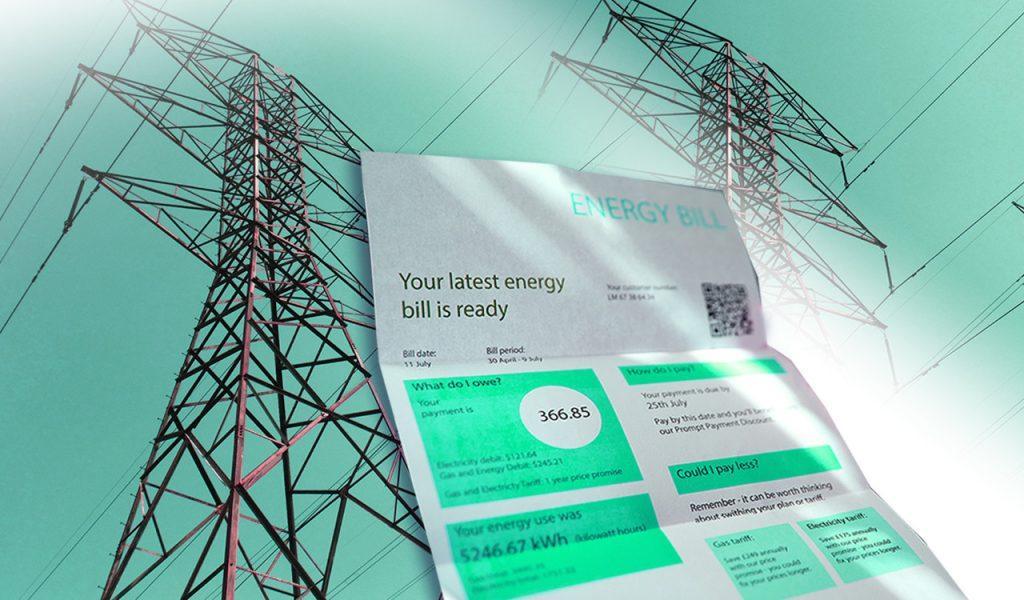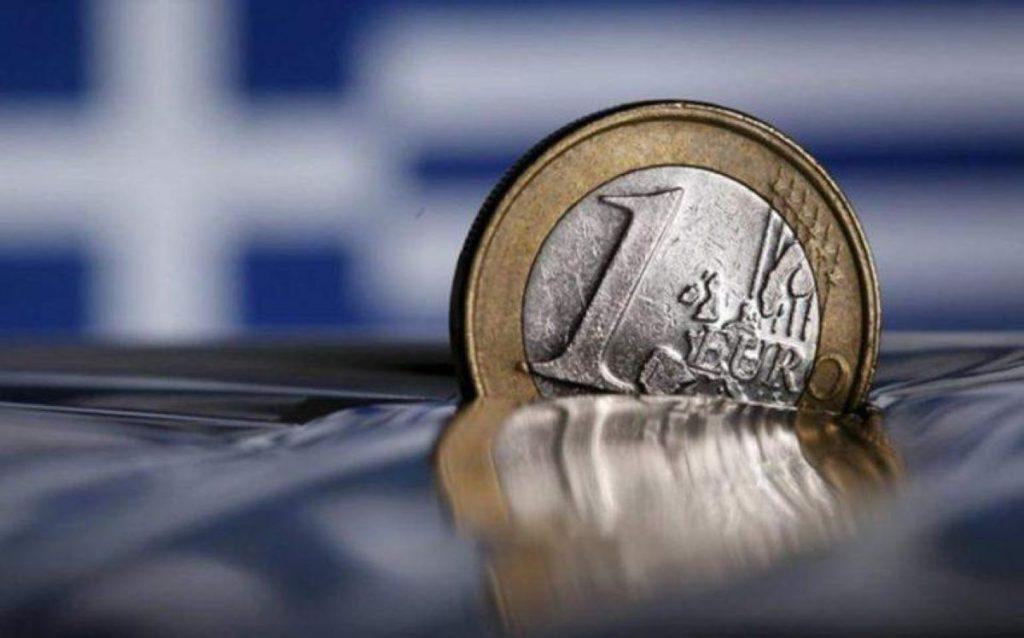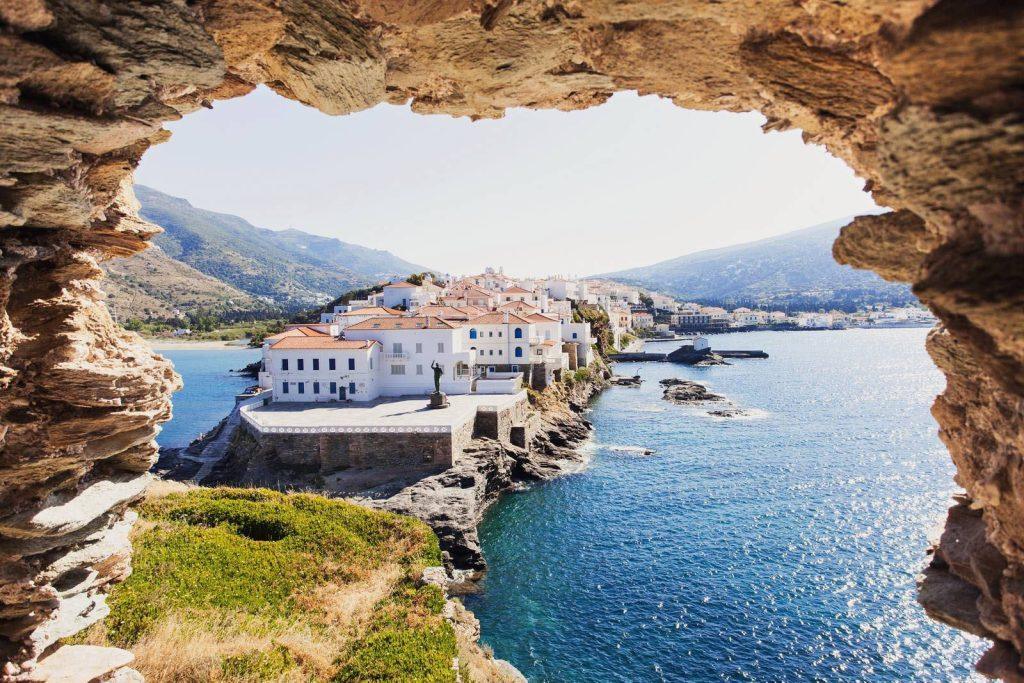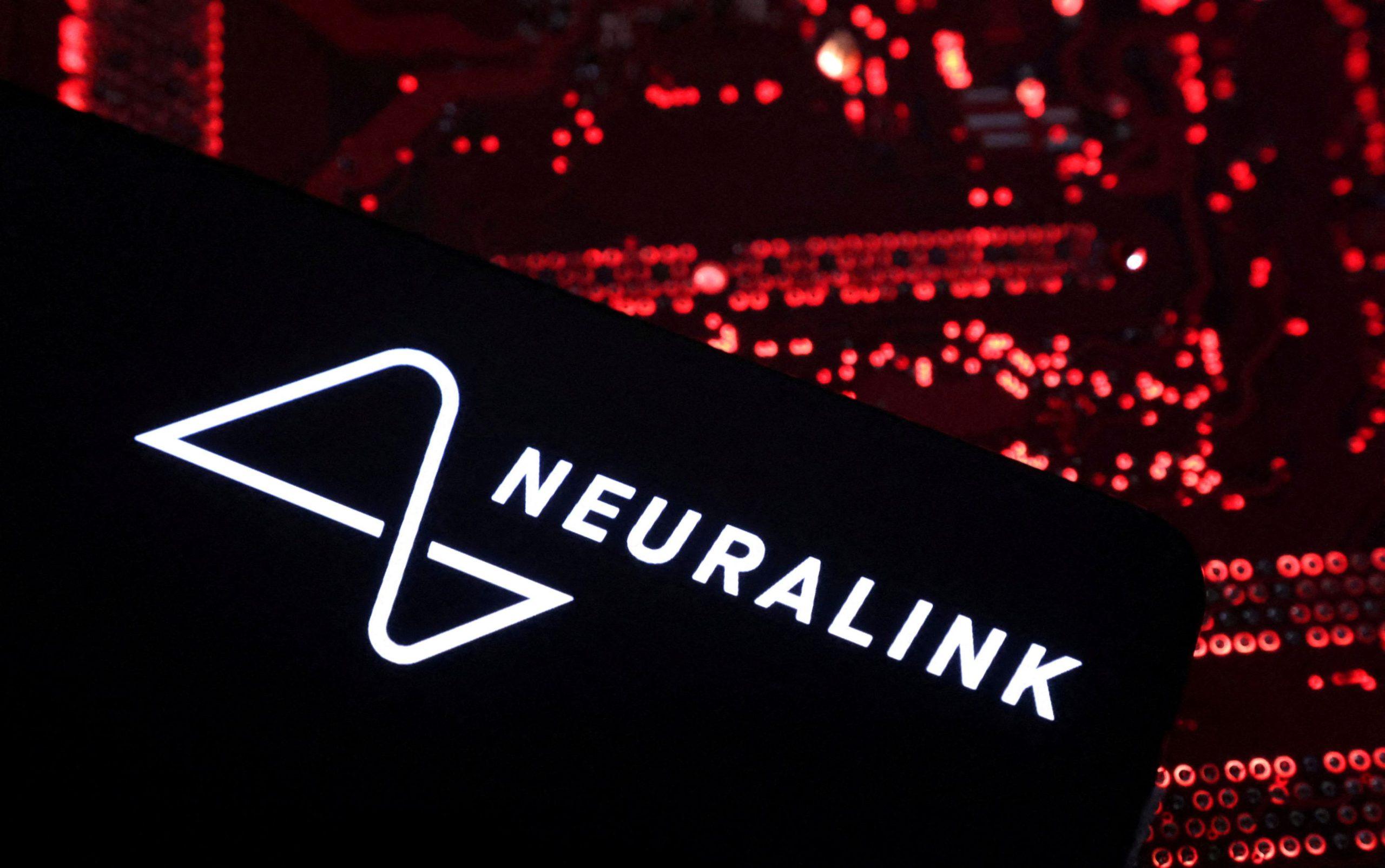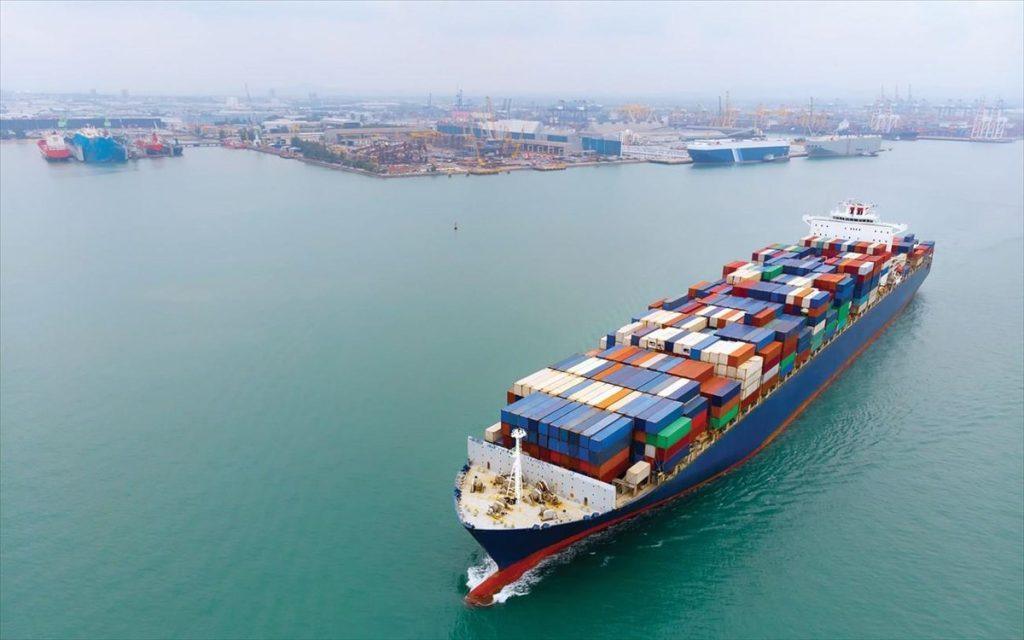At a recent conference in Athens, Greece’s Prime Minister Kyriakos Mitsotakis opened discussions on a relatively taboo subject for Greece- the possibility of constructing small nuclear energy production units to generate electricity.
Mitsotakis asserted that “There is no way to achieve carbon neutrality without nuclear energy,” according to reports on his statements at an Economist conference, by OT.gr.
And he questioned, “So, as Europeans, are we investing in the next generation of small nuclear reactors? Have we really made the right choices for green transition, identifying at least three or four critical industries?”
Small Modular Reactors (SMR)
SMRs are officially promoted by the EU and are small reactors with a capacity of up to 50, 70, or at most 300 MW (Megawatts).
According to OT.gr, they are relatively easy to assemble and disassemble, are built modularly, and are considered ideal electricity generation units that can provide security to the system for the development of more RES projects, according to EU official data.
They operate on the same technology as large nuclear reactors of 1,000 MW, are of lower cost, for example, require less water for reactor cooling, and are flexible to be moved.
The EU supports them as regards due to their relative safety and the challenge of dealing with accidents. This is because their operators can more easily shut down these units, while at the same time the security systems they have operate faster and more efficiently by effectively disconnecting critical parts of the equipment in case of an accident.
The SMRs are considered a good option to replace units using fossil fuels, for integration into energy hubs that are using other energy sources like hydrogen, and can also provide heat for a variety of uses.
The EU’s Plans for SMR
With the units already taking hold in 18 countries globally, like the USA, UK, Canada, Japan and South Korea, the EU is trying to get into the game, says OT.gr.
To help give it a boost, the EU’s Euratom is already running a 1.38 billion euros research and education program on the development of nuclear technology for 2021-2025 funding period.
For now, the funds have been split between fusion research and development, safety and protection, and other directly related activities.
Prospects for Greece
An analyst speaking to OT.gr said that the Greek Prime Minister has now opened the door for discussing the potential of bringing SMR to Greece through his statements.
But it seems that research and development is so far off from construction and implementation that SMR units could be built in around 20 years from now, added the analyst.
Meanwhile, the source excluded the possibility of large plants being developed in Greece on account of the exorbitant costs, the long period it takes to develop them (15-20 years) and the very high associated investment risks.
In general, Greece is far behind the SMR curve, as countries that are currently deploying the technology have very developed science, research, technology, infrastructure and related services in place for decades.
Source: tovima.com
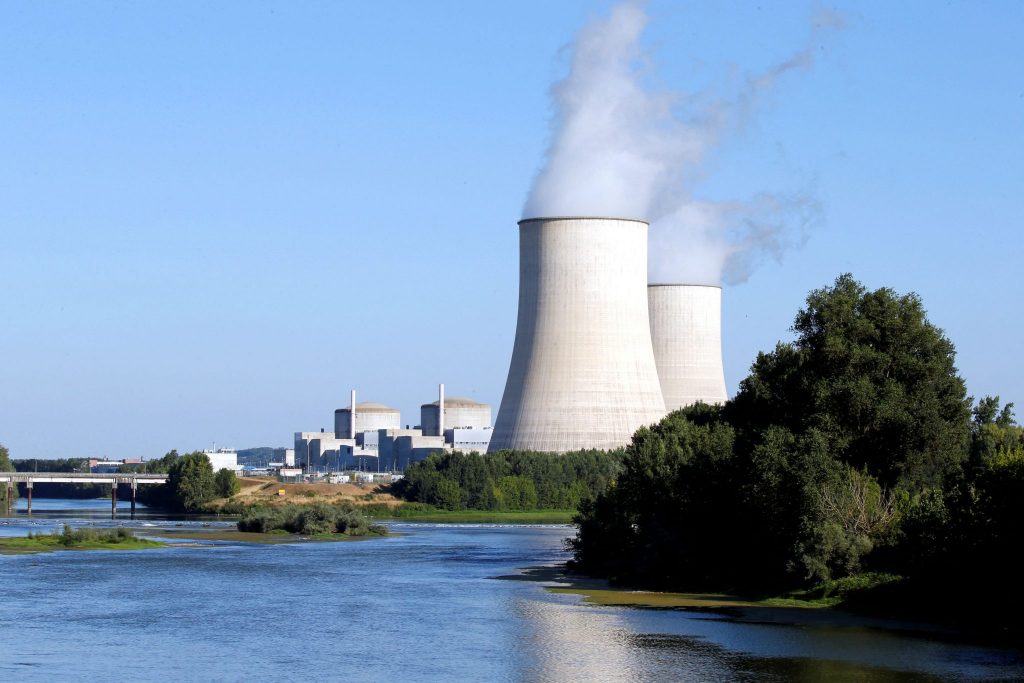






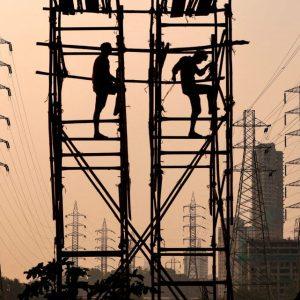



![Ελβετικό φράγκο: Τι πρέπει να ξέρουν οι δανειολήπτες [πίνακες]](https://www.ot.gr/wp-content/uploads/2025/12/ot_swiss_Francs25-1024x668-1-1.jpg)
